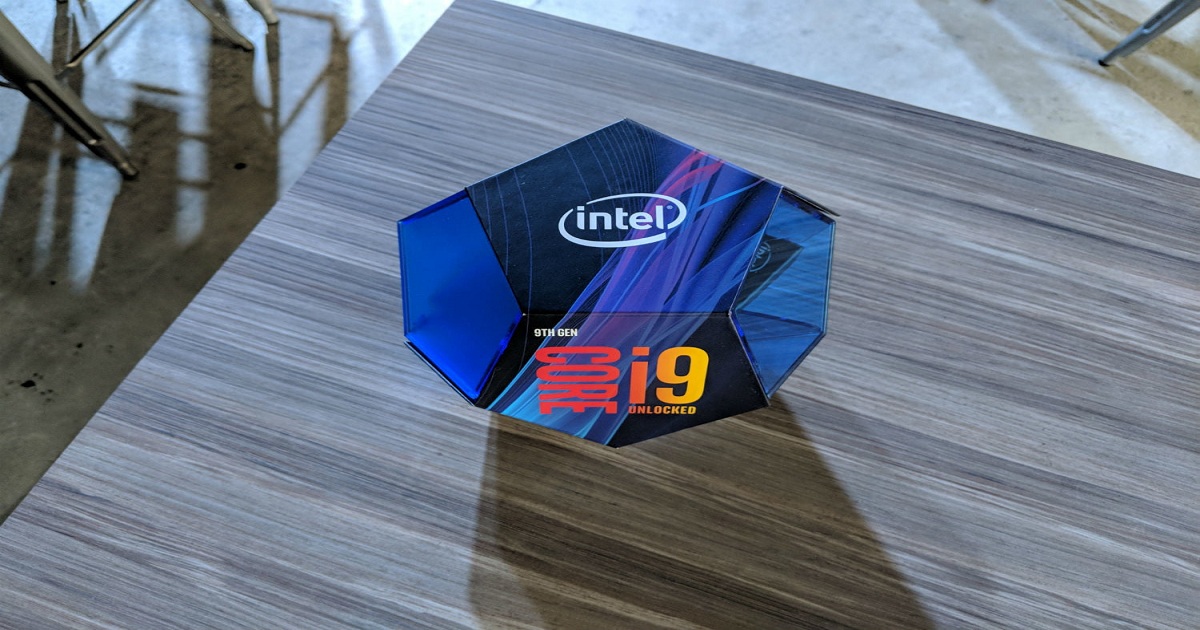Why Intel and Nvidia controversies prove you should always wait for benchmarks
Digital Trends | October 11, 2018

The last couple of months have been exciting times for those looking to upgrade their PCs. SSD prices have continued to fall and both Nvidia and Intel have showcased new hardware that is more powerful than anything they’ve ever released before, especially when it comes to games. But in both the debut of the Turing-powered RTX 2000 graphics cards from Nvidia and the reveal of Intel’s 9000-series CPUs, we’ve been fed benchmark information that exaggerates the advantages of the new hardware.Just over a month since Nvidia’s controversial claims about the performance of its RTX-series of graphics cards, the PC hardware community is once again facing problems with misleading results from tests of pre-release hardware. As we sit mired in the controversy over the paid-for test results of Intel’s Core i9-9900K CPU, it’s more important than ever to remember that waiting for third-party benchmarks is a must when it comes to making an informed purchase of new components.After spending most of its Gamescom reveal of the RTX cards talking about a feature that wasn’t even available at launch, Nvidia suggested that its cards were several times faster than previous generations using a brand new metric: RTX OPS. It responded to criticism about a lack of traditional gaming numbers with another skewed table of results which again heavily favored its new hardware.